China is said to be trying to take advantage of European concerns about the future of the US election to draw closer to the region.
Chinese Foreign Minister Wang Yi sent a clear message to Europe over the weekend that no matter how the world changes, China will remain "consistent and stable".
Wang’s remarks at the Munich Security Conference on February 17 came as European leaders are cautiously watching the upcoming US election, concerned that the return of former President Donald Trump to the White House could affect their partnership with Washington.

Chinese Foreign Minister Wang Yi speaks at a session within the framework of the Munich Security Forum, Germany, on February 18. Photo: AFP
Those concerns were further inflamed after former President Trump said he would not defend NATO allies that did not spend enough on defense, a dire warning to many in Europe as the Russia-Ukraine conflict continued to rage.
The former US president’s comments could not have come at a better time for the Chinese foreign minister as Beijing tries to repair its relationship with Europe, an effort made more urgent by its domestic economic woes and ongoing friction with the US.
"No matter how the world changes, China, as a responsible major country, will keep its main principles and policies consistent and stable, and play the role of a resilient force maintaining stability in a chaotic world," Wang said in Munich, asserting that China and Europe need to "stay away from geopolitical and ideological distractions" to work together.
Mr Wang’s call may be heard by some European leaders, but truly healing the rift will be no easy task for China. One of the biggest challenges is its steadfast relationship with Russia.
“The message Wang is sending to his European hosts is that geopolitical differences cannot be allowed to stand in the way of cooperation,” said Noah Barkin, a senior fellow at the German Marshall Fund of the United States. “But what is not being said is that China is not ready to change the views and policies that most concern Europeans, namely its deepening ties with Russia and its trade practices.”
Since Russia launched its campaign in Ukraine two years ago, Russian President Vladimir Putin and Chinese President Xi Jinping have been aggressively strengthening their bilateral ties as both face rising tensions with the West. China has also emerged as a vital lifeline for Russia’s sanctions-hit economy.
In Europe, this has raised concerns about China's global ambitions and prompted the European Union (EU) to recalibrate its policy towards Beijing.
Mr. Wang sought to calm European concerns over the weekend, describing China’s relationship with Russia as part of an effort to work “with major countries” to address global challenges.
“Russia is China’s largest neighbour,” he said, repeating long-standing statements that their relationship was not an alliance and was not “targeted at any third party”.
"The stable development of China-Russia relations meets the common interests of the two countries" and "serves the strategic stability of the Asia-Pacific region as well as the world," he added.
Asked by conference chairman Christoph Heusgen whether China should do more to rein in Russia, Foreign Minister Wang rejected what he said were attempts to “blame China or shift responsibility for the Ukraine crisis to China”. He said Beijing was still working “relentlessly” to conclude peace talks.
Observers say that in the current context, Mr. Vuong's efforts to ease European concerns are unlikely to have any impact on the EU.
"As long as the conflict in Ukraine continues, EU policies towards China will remain closely linked to US actions. It is likely that Europe will join the US in increasing export restrictions on key technologies because it considers the economic security of the alliance to be paramount," commented Yu Jie, a senior China expert at the Chatham House think tank in London.
The EU is considering a series of measures to help the bloc reduce supply chain risks, protect key technologies and keep its markets free of what it sees as “artificially cheap” Chinese goods. Beijing, meanwhile, sees European policy as being overly influenced by Washington.
Mr Wang also spoke out against such measures in Munich, warning that “those who try to close the door to China in the name of ‘reducing risk’ will make a historic mistake”.
Wang’s speech is unlikely to have any impact on the EU as a whole, but China will have more success in stabilizing relations with individual EU countries that want to promote economic cooperation and are skeptical about the upcoming US election, experts say.
During meetings in Europe, Mr. Wang could “use the ‘Trump factor’ to point out that completely siding with the US is not in the best interests of European countries,” according to Liu Dongshu, an associate professor at the City University of Hong Kong.
As president, Mr. Trump not only expressed skepticism about America’s network of allies in Europe, but also imposed tariffs on European steel and aluminum, prompting the EU to respond with similar measures.
"Wang Yi may point out that if Trump becomes president, Europe will have problems if it does not have a good relationship with China. He wants to persuade European countries to be more neutral," Liu said.
“European countries will be more focused on keeping relations with China stable, in part to avoid the risk of a two-front trade conflict with both Beijing and Washington if Trump returns to the White House,” said Barkin of the German Marshall Fund. “China’s worst nightmare is a united transatlantic front on trade, technology and security. China will use Trump’s rhetoric to reinforce its message in European capitals that Washington is not a reliable partner.”
Vu Hoang (According to CNN, AFP, Reuters )
Source link




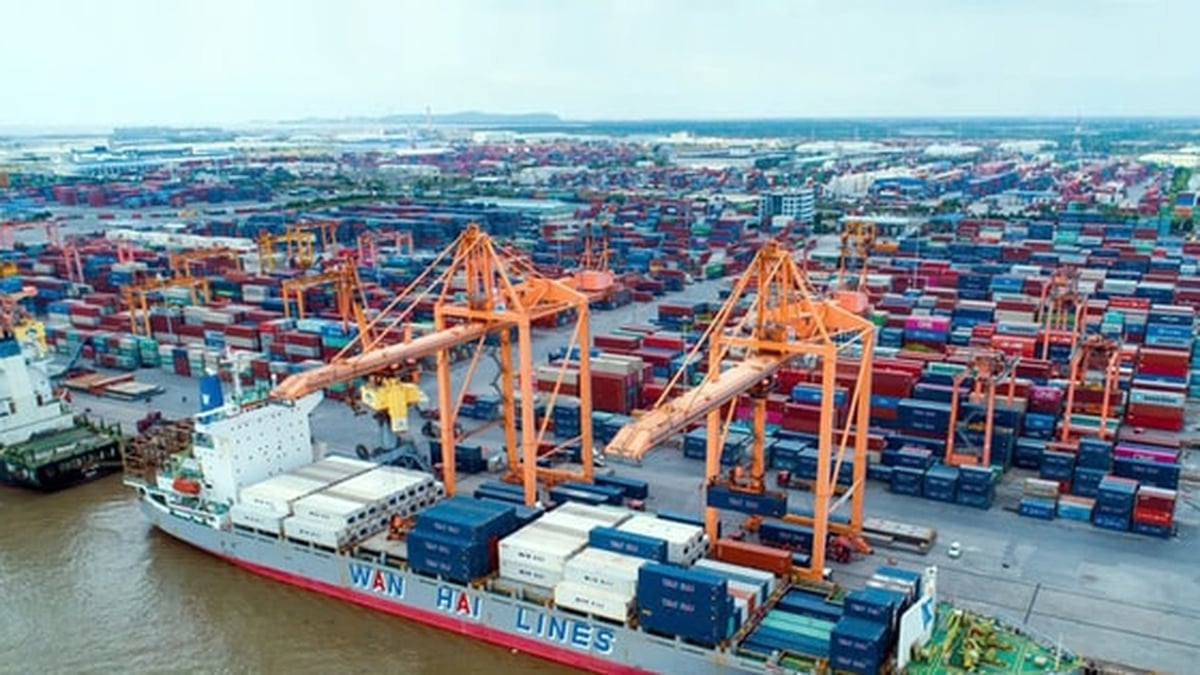

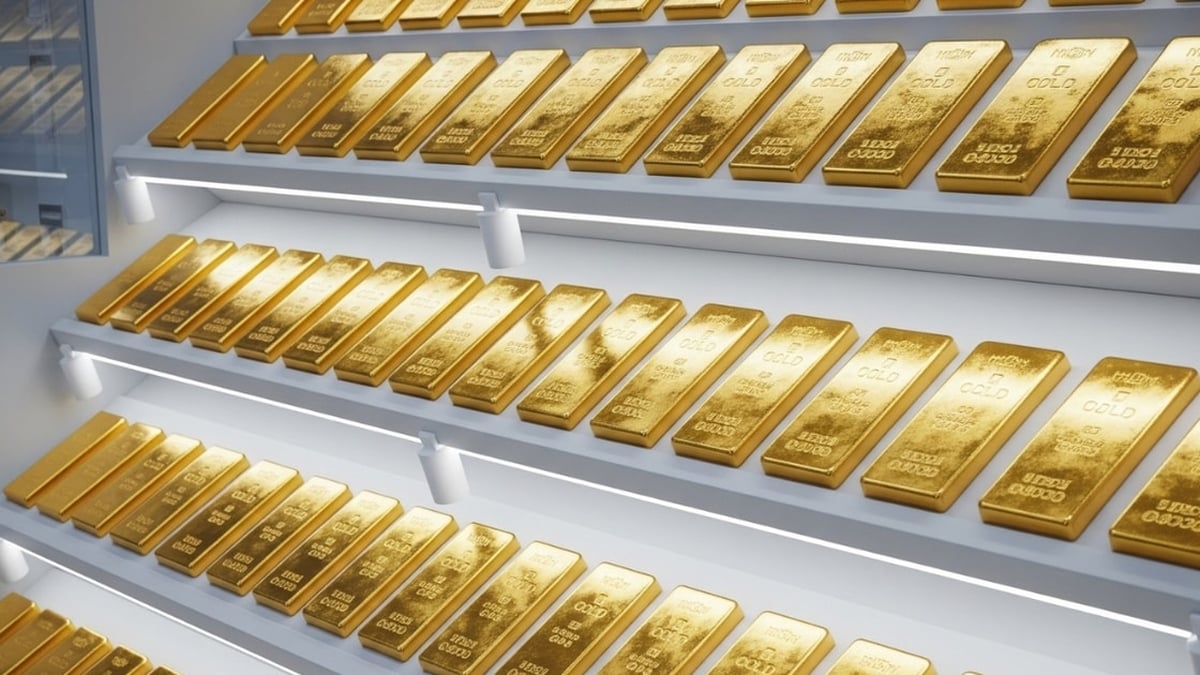
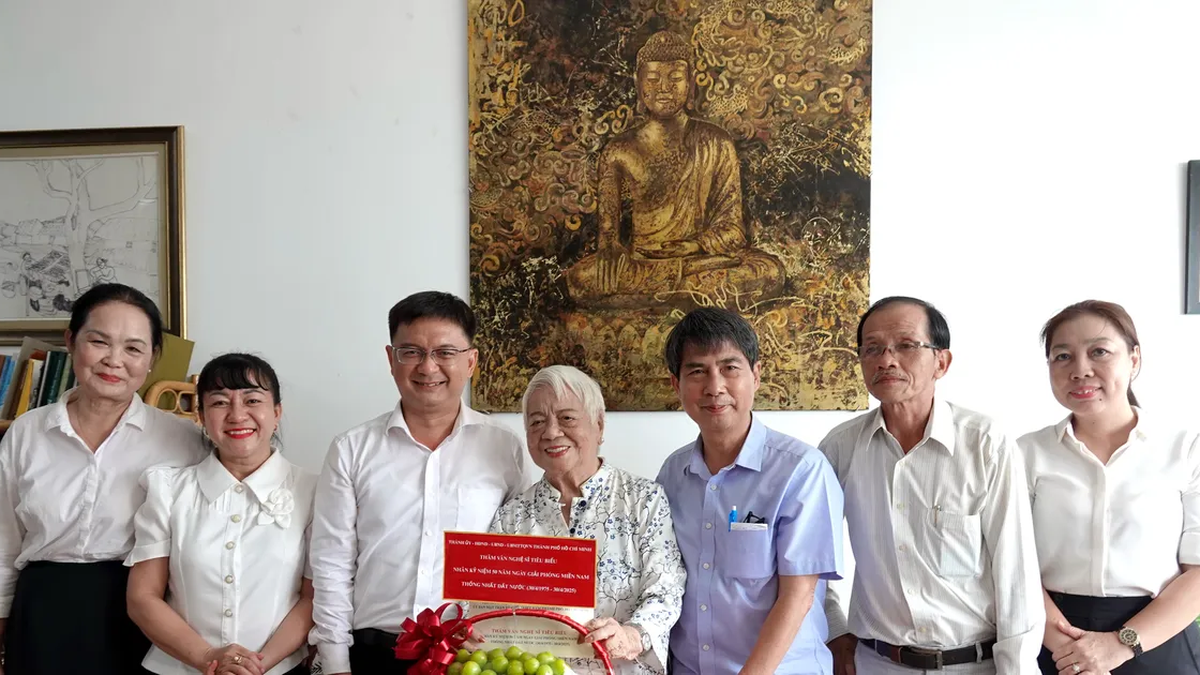


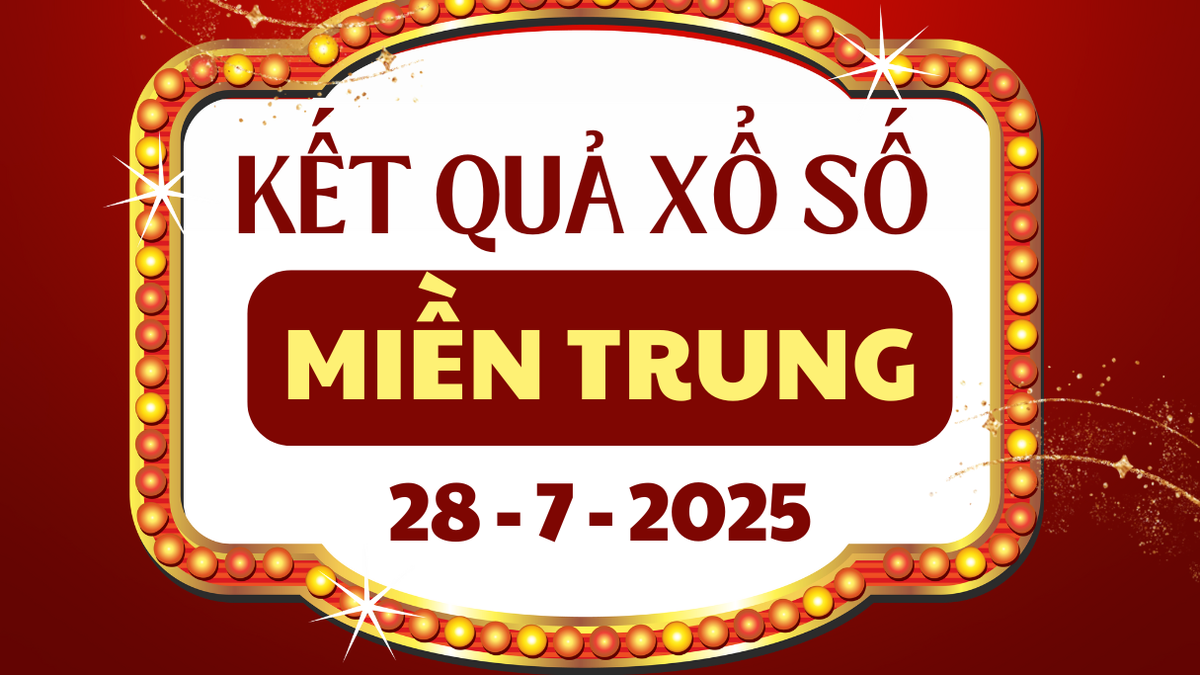
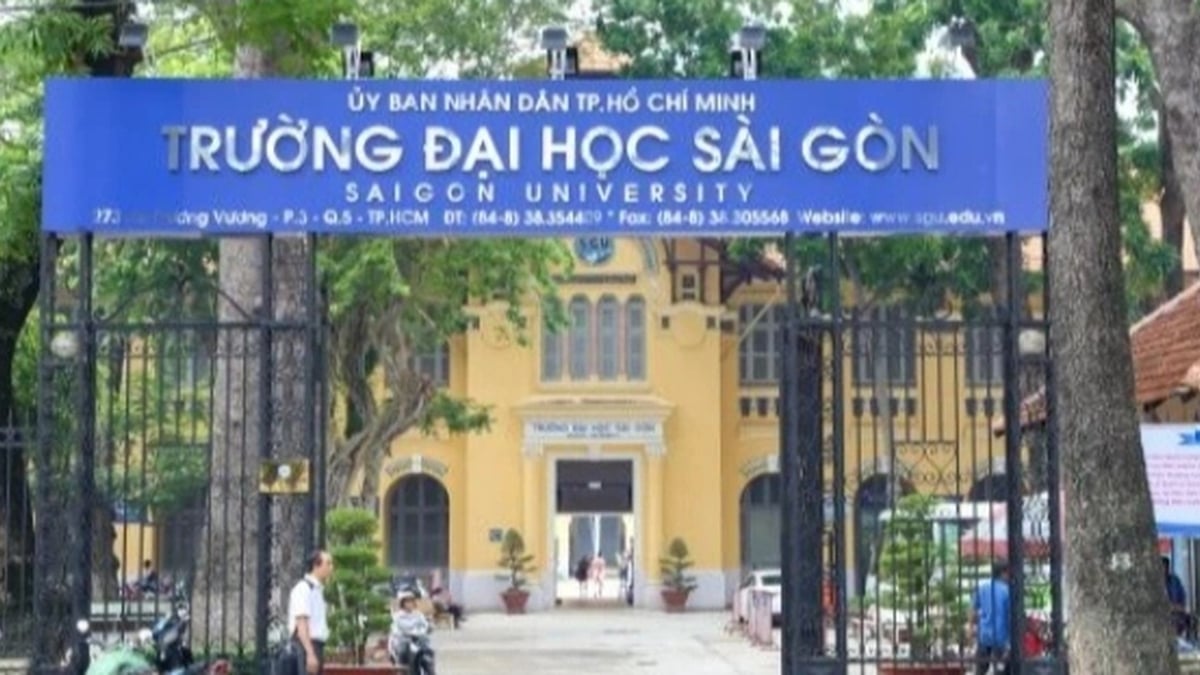
























































































Comment (0)